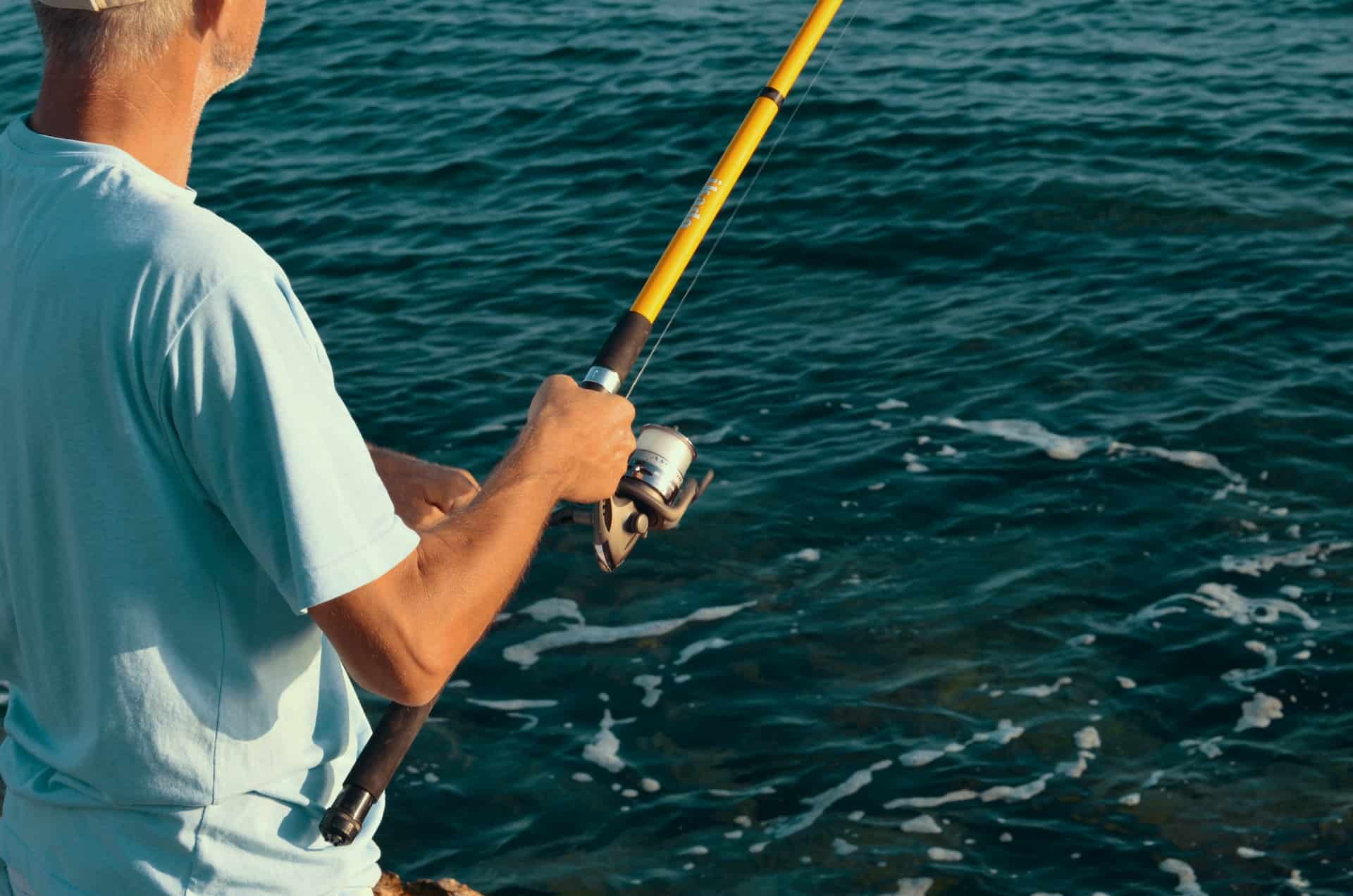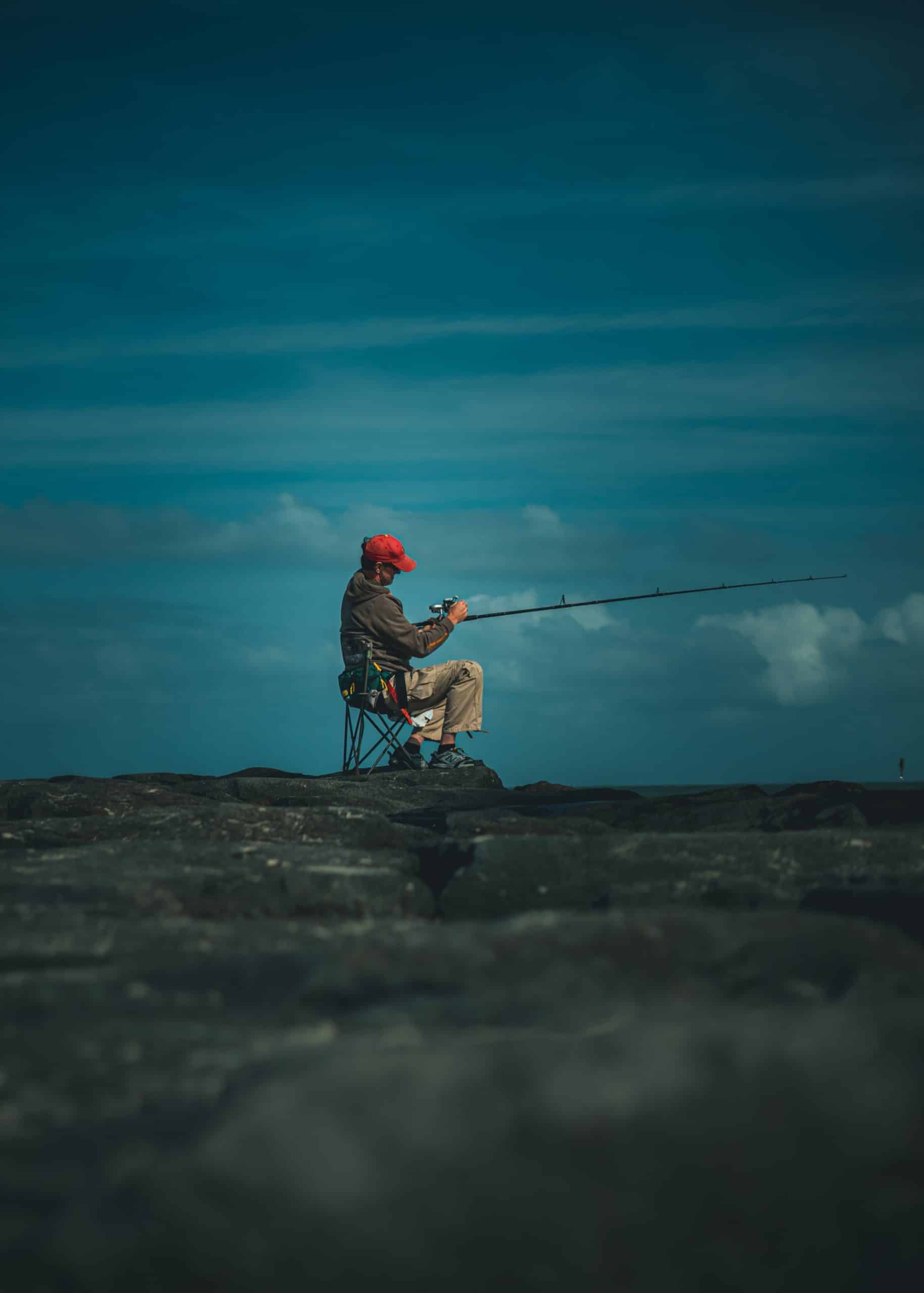Fishing is one of the most rewarding outdoor experiences that you can do in your time. If you’re a first-time angler, fishing may seem a bit tough, but it doesn’t have to be, as long as you do things right.
Many people underestimate how difficult it can be to make the most out of their fishing experience. . After deciding on your fishing spot, you need to start preparing what to bring along. To enjoy your fishing trip to its fullest, here’s a checklist of the things you need to prepare.
IMAGE: UNSPLASH
Pack Your Fishing Gear
Once you’ve chosen your fishing spot and have your fishing license ready, you can start packing your fishing gear. When you start packing, you need to have an organized checklist of all the must-haves. Whether you have those items ready or need to get them, here’s a list of the fishing gear essentials:
Hooks
Hooks come in different types, grab a variety of them with you in case you lose one or need more of them. Also, different types of fish need different types of hooks, so grab everything you will need based on the type of fish you plan to catch.
Fishing Rods
A fishing rod is one of the must-have items in your fishing inventory. It will probably be the first on your list when packing. If you don’t already have one, then start looking for the best fishing rods to buy or rent to make sure you go home with some great catches. Fishing rods come in different types and styles, so make sure yours is both durable and flexible while being easy to handle. After all, no fishing trip will be successful without the right rod for the job.
Fishing Pliers
Fishing pliers are one of the useful items in your gear. They come in handy when you need to twist the hook out of a fish’s mouth or move it around.
Bobbers
You will need bobbers, also known as floaters, to know when you have a catch. A bobber floats on the water’s surface and sinks when the fish bites, giving you a heads-up that it’s time to pull.
Sinkers
Sinkers give you weight at the end of your fishing line. To be on the safe side, bring along more than one, in case you lose any.
Extra Line
While fishing, your line can get knotted or broken. To avoid the frustration, bring along an extra fishing line.
Lures or Bait
No bait? No fish. For every fish species out there, there is a certain type of bait available. Pack the right type of bait and get going!
If you’re targeting specific fish, consider using Live Reptile Food as an effective and natural option to attract your catch.
Nail Cutters
To trim your fishing lines, you will need a nail cutter. You can also have a pair of scissors— whichever you prefer to get the cutting job done.
Cooler with Ice
This item is a must-have if you want to keep the fish you catch fresh. A nice-sized cooler with ice will make sure your catch does not go bad until you get back home.
Net
For the heavy, hard-to-catch fish, a regular fishing rod will break in two. That’s why you need to get yourself a sturdy net for heavy catches.
Tackle Boxes
You need an inventory box or a tackle box to easily store and transport your gear. In this box, you can keep your bait, lures, and any other equipment.
Trout Fishing Rod
A trout fishing rod is one of the must-have items in your fishing inventory. It will probably be the first on your list when packing.
Bring Some Additional Gear Along
Before you start packing your personal gear, you need to check the weather forecast and dress accordingly. Keep in mind while packing your personal gear that bringing extras of everything will do more harm than good, especially if you’re going on a multi-day fishing trip. You might, however, need to bring some additional personal items with you, so here is a list of the basics on any fishing trip:
- First aid kit
- Sunblock
- Sunglasses
- Bug repellant
- Water
- Fishing mask
- Long-sleeve fishing shirt
Fishing can be very beneficial as it improves your concentration and reduces your stress levels. Apart from that, it boosts your self-esteem— that is, of course, if your fishing experience is successful. But even if you go home empty-handed, fishing is still a relaxing and enjoyable experience. The most important thing after you have everything ready is to know your fishing etiquette when in a fishing area.
You have to respect other anglers, take care of the environment you’re in, and do not overcrowd a fishing spot. Be respectful of others so they can, in turn, be respectful of you. Once you’re all settled in, you can start enjoying your fishing experience.
If you are interested in even more lifestyle-related articles and information from us here at Bit Rebels, then we have a lot to choose from.


COMMENTS